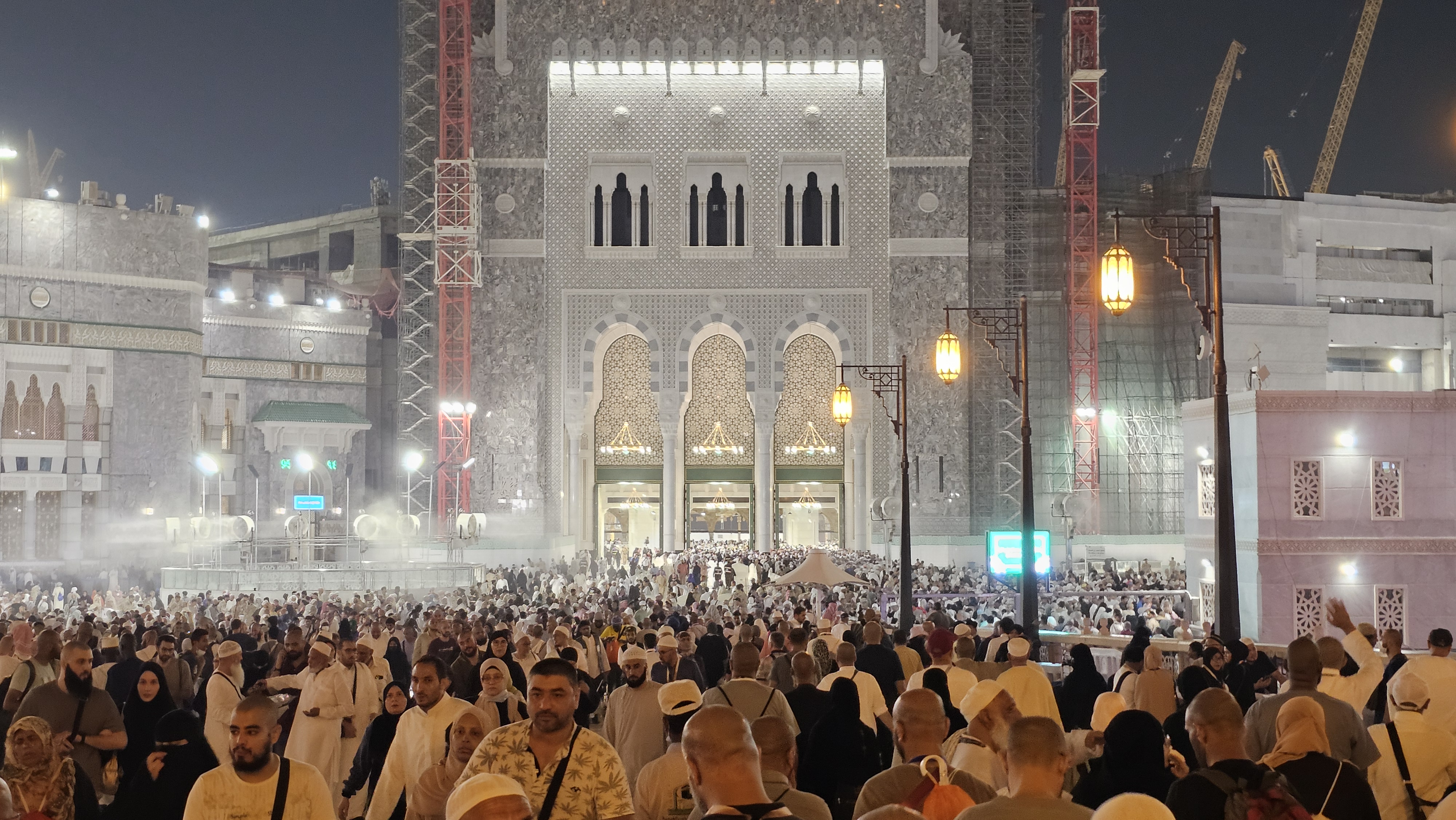Day 3 of Hajj after Muzdalifah night: Rami , Sacrifice, shaving head, Tawaaf-e-Ziyarah, back to Mina
If you are new to our blog, we highly recommend visiting our full Hajj Guide Collection where you can follow all posts step-by-step for a complete and practical Hajj experience.
🕋 Hajj Day 3: The Day of Sacrifice & Tawaaf-e-Ziyarah (10th Dhul Hijjah)
The third day of Hajj marks one of the busiest and most spiritually intense parts of the pilgrimage. It combines multiple key rituals that must be performed in a specific order. This day coincides with Eid al-Adha and includes Rami (stoning), Qurbani (animal sacrifice), shaving the head, and Tawaaf-e-Ziyarah. Here's your complete guide to navigate this sacred day.
1. Departing from Muzdalifah to Mina
After spending the night in Muzdalifah, pilgrims begin their day early and walk or take a bus back to Mina. You’ll carry the pebbles collected earlier for the stoning ritual. Try to reach Mina before sunrise if possible. Many people who are away from the boundary of Mina start walking because it gets rushy very quickly.
2. Rami at Jamarat al-Aqaba (Stoning the Big Pillar)


This is the only stoning ritual for Day 3. Pilgrims throw seven pebbles one by one at the largest pillar (Jamarat al-Aqaba), saying "Allahu Akbar" with each throw. Make sure to stay safe and avoid peak hours if you're elderly or in a group.
There is a long tunnel that joins one end of Mina to Jamarat. The tunnel provides exceptional ease to the pilgrims. Make sure to take a lot of water as there is no water available in the tunnel. Due to rush, it is always adviseable to pass the Jamarat al-Aqaba and stone from the front end.
Energy Hack: Take ORS dissolved in Water and 2-3 cans of carbonated drinks for keeping salts level maintain in the body for energy
3. Qurbani (Animal Sacrifice)
After Rami, pilgrims perform Qurbani, which can be done through official Hajj systems or agencies. You can pre-arrange it, and a text message confirms once your sacrifice is complete. Most of the times it is arranged by the group leader and he informs over the phone once the Qurbani is done. Keep your phone charged.
4. Halq or Taqsir (Shaving or Trimming Hair)
Once Qurbani is done, male pilgrims either do Halq (shaving) or Taqsir (short trim). Women clip a small portion of their hair. Only after this can you remove Ihram and wear regular clothes.
5. Tawaaf-e-Ziyarah + Sa’i



This is the most essential Tawaaf of Hajj. Pilgrims travel to Masjid al-Haram in Makkah to perform Tawaaf-e-Ziyarah (7 rounds around the Ka’bah) followed by Sa’i between Safa and Marwah. This can be done the same day or delayed until 12th Dhul Hijjah if necessary, but most people prefer doing it on Day 3 itself.
Most of the people have to walk all the way to Haram from Jamarat. People usually go to their hotels on foot whether in Azizia or near Haram. They wait for Qurbani confirmation after which they shave the head. Freshen up, take rest for 1-2 hours and then head to Haram for Tawaaf-e-Ziyarah.
The Haram on 11th and 12th Dhul Hijjah is heavily crowded and special care should be taken for people on wheel chair.
6. Returning to Mina

Once you finish all major rituals and change into regular clothes, you return to Mina to stay for the night. The next two days will include more stoning rituals at all three Jamarat.
Need to make sure to enter Mina boundary well before Fajr
Coming next: Rami on Days 4 and 5 , the final stages of Hajj.
Comments